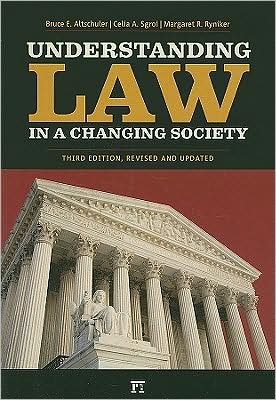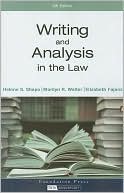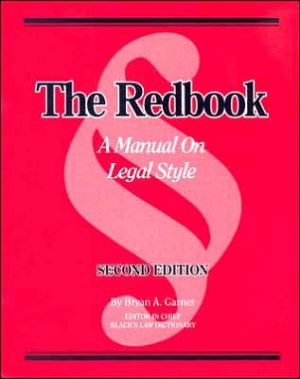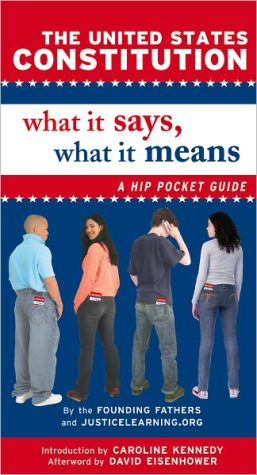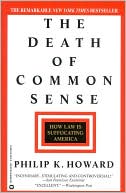Understanding Law in a Changing Society: Third Edition, Revised and Updated
To most Americans, the law—especially noncriminal (civil) law—is a mystery that only someone with a law degree can solve. With a masterful mixture of explanatory text, real cases showing the law at work, and the reflections of important historical and contemporary legal thinkers, Understanding Law in a Changing Society renders the complexity of law at a level that everyone can understand. The book walks students through the structure of the legal system, different divisions of civil law, and...
Search in google:
To most Americans, the law--especially noncriminal (civil) law--is a mystery that only someone with a law degree can solve. With a masterful mixture of explanatory text, real cases showing the law at work, and the reflections of important historical and contemporary legal thinkers, Understanding Law in a Changing Society renders the complexity of law at a level that everyone can understand. The book walks students through the structure of the legal system, different divisions of civil law, and the core concepts and distinctions that underlie contemporary legal thought. It also provides insight into the way law and social change effect one another.In this revised and updated third edition, important developments in judicial selection, the state secrets doctrine, and family law (including same-sex marriage, child custody, and unwed fathers' rights) are highlighted.Author team: This distinguished author team includes scholars and award-winning teachers from political science and public justice, as well as one who has practiced law in a private setting before joining the scholarly world.Multidisciplinary appeal: Over the years, this text has been a reliable one for a variety of courses in a variety of departments introducing the American court system to students in political science, pre-law, criminal justice, and law & society courses.Features: In the new edition, the authors have provided updated information for every chapter in a compact introduction to the text. Updates include new cases, readings, discussion questions, legal terms to know, further readings, and "You Be the Judge" items--all the features (including chapter objectives) that have made this text stand out from its inception.Updates: Highlights of the updates include important developments in judicial selection, the state secrets doctrine, and family law including same-sex marriage, child custody, and unwed fathers' rights.New Features: In addition, this edition includes for the first time annotated Websites for legal studies and a full text Glossary. This website for the book includes live links to the new sites in the book.How to Brief a Case: For students new to law who may find the case format intimidating, the text opens with a section explaining step by step how to approach this task.Distinctiveness: What sets this text apart from others you may consider? We think that its combination of casebook, reader, and basic text material is skillfully and uniquely woven together in a presentation designed for student interest and comprehension. Fascinating cases have been edited and introduced at just the right pitch and level. Students will come away with a solid understanding not just of the rule of law, but of how it works. The process of legal decisionmaking is at least as important as the laws themselves, for understanding the process helps students deal with complexity and inevitable change in the system.Finally, even with the new material and updates, this text is more compact than other introductory texts, offered in paperback, and competitively priced. In addition to its many other attributes, students will appreciate this text!Websites from the Revised and Updated Third Edition:
To the Student How to Brief a Case Introduction to the Revised and Updated Third Edition AcknowledgmentsChapter 1: The American Court System Chapter Objectives Introduction Laws, Judges, and Cases Appeals Jurisdiction The U.S. Supreme Court Arbitration Legal Terms to Know For Further Reading You Be the Judge KeyChapter 2: How Courts Differ from Legislatures Chapter Objectives Introduction Judicial Activism versus Judicial Self-Restraint Constitutional Interpretation Judicial Selection Inherent Court Power Statutory Interpretation Legal Terms to Know For Further Reading You Be the Judge KeyChapter 3: Due Process of Law Chapter Objectives Introduction The Meaning of Due Process Government Action Property Rights and Liberty Interests Substantive Due Process Procedural Due Process Legal Terms to Know For Further Reading You Be the Judge KeyChapter 4: Precedent Chapter Objectives Introduction Meaning of Stare Decisis Stare Decisis in Practice When Should Stare Decisis Be Overturned? When Not to Follow Precedent Legal Terms to Know For Further Reading You Be the Judge KeyChapter 5: Limits on Courts Chapter Objectives Introduction Ripeness Standing Political Questions Mootness Statute of Limitations Governmental Immunity Legal Terms to Know For Further Reading You Be the Judge KeyChapter 6: Property Chapter Objectives Introduction Nature and Origin of Property What Can Be Classified as Property Acquisition of Property Exercising Rights in Property Incidents of Ownership Limitations on Rights of Property Redefining Rights in Property Legal Terms to Know For Further Reading You Be the Judge KeyChapter 7: Contracts Chapter Objectives Introduction What Is a Contract? Freedom of Contract Formation of Contract Preliminary Negotiations and Agreements to Make a Contract or Agree on Terms Offer and Acceptance Formal Requisites of a Contract Factors Affecting Formation of a Contract Enforcement of Contracts Performance or Nonperformance Legal Terms to Know For Further Reading You Be the Judge KeyChapter 8: Torts Chapter Objectives Introduction Negligence Strict Liability and Products Liability Intentional Torts Legal Terms to Know For Further Reading You Be the Judge KeyChapter 9: Family Law Chapter Objectives Introduction Marriage Antenuptial or Prenuptial Agreements Divorce Child Custody Unwed Fathers’ Rights Termination of Parental Rights Legal Terms to Know For Further Reading You Be the Judge KeyChapter 10: Equity and Remedies Chapter Objectives Introduction Equity and Equitable Remedies Legal Remedies Declaratory Judgment Legal Terms to Know For Further Reading You Be the Judge KeyWebsites Glossary of Terms Index About the Authors
